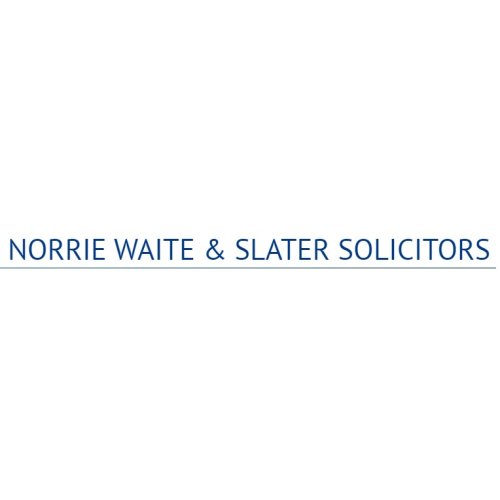Best Appeal Lawyers in Rotherham
Share your needs with us, get contacted by law firms.
Free. Takes 2 min.
List of the best lawyers in Rotherham, United Kingdom
About Appeal Law in Rotherham, United Kingdom
Appeal law in Rotherham, United Kingdom, follows the generic framework stipulated by UK legislation. In essence, it allows an individual or organisation to challenge a decision rendered by a lower court. It can cover a broad range of matters including civil, criminal, family, and property law, among others. An appeal can either uphold, reverse or modify the original decision, depending on whether the appellate court finds any legal errors that could have affected the outcome of the case.
Why You May Need a Lawyer
Although an appeal process may seem straightforward, it's crucial to engage a lawyer with expertise in the area of law that applies to your case. First, they can assist in determining if you have sufficient grounds for an appeal. They are also in a better position to identify any legal errors that occurred during the initial trial. Lastly, appeal cases can be complex, requiring the proper presentation of legal arguments, and detailed understanding of legislative stipulations and court procedures.
Local Laws Overview
The appeal procedures in Rotherham, UK, typically follow the Civil Procedure Rules, Criminal Procedure Rules and the Family Procedure Rules. These rules dictate the timelines to lodge appeals, the format for submitting arguments, and how the appeal hearing is conducted. It’s key to note that to stand a chance at successfully appealing a decision, the initial decision should have resulted from legal errors or denial of fair trial rights, among other factors.
Frequently Asked Questions
What are the grounds for filing an appeal?
Grounds for appeal may vary depending on the nature of the case, but common examples can include judicial errors in law application, procedural errors, or denial of fair trial rights.
What are the chances of winning an appeal?
The chances of winning an appeal depend largely on factors such as the nature of the legal error in the initial trial, and the strength of the arguments made on appeal. It’s necessary to consult with a lawyer for proper assessment.
How long does an appeal process take?
The length of an appeal process varies, depending on the complexity of the case, availability of the judges, and delay in presenting required documents. It can typically last several months to a year or more.
Can I represent myself in an appeal?
While it is legally allowed to represent yourself, it is highly discouraged due to the complex nature of appeal cases.
What happens if I lose an appeal?
If you lose an appeal, the original court decision stands. In some instances, you may be allowed to make a further appeal to a higher court.
Additional Resources
You might find it helpful to familiarize yourself with the Court of Appeal Civil Division guide and the Criminal Procedure Rules for more details about procedures for filing appeals. You can also seek guidance from the Citizen’s Advice Bureau, a non-profit organization offering free legal advice.
Next Steps
If you are considering an appeal, it is advisable to consult with a lawyer promptly due to the strict timelines for lodging an appeal. Working with a legal professional can ensure that your rights are protected during the entire process and increase your chances of a successful appeal.
Lawzana helps you find the best lawyers and law firms in Rotherham through a curated and pre-screened list of qualified legal professionals. Our platform offers rankings and detailed profiles of attorneys and law firms, allowing you to compare based on practice areas, including Appeal, experience, and client feedback.
Each profile includes a description of the firm's areas of practice, client reviews, team members and partners, year of establishment, spoken languages, office locations, contact information, social media presence, and any published articles or resources. Most firms on our platform speak English and are experienced in both local and international legal matters.
Get a quote from top-rated law firms in Rotherham, United Kingdom — quickly, securely, and without unnecessary hassle.
Disclaimer:
The information provided on this page is for general informational purposes only and does not constitute legal advice. While we strive to ensure the accuracy and relevance of the content, legal information may change over time, and interpretations of the law can vary. You should always consult with a qualified legal professional for advice specific to your situation.
We disclaim all liability for actions taken or not taken based on the content of this page. If you believe any information is incorrect or outdated, please contact us, and we will review and update it where appropriate.









